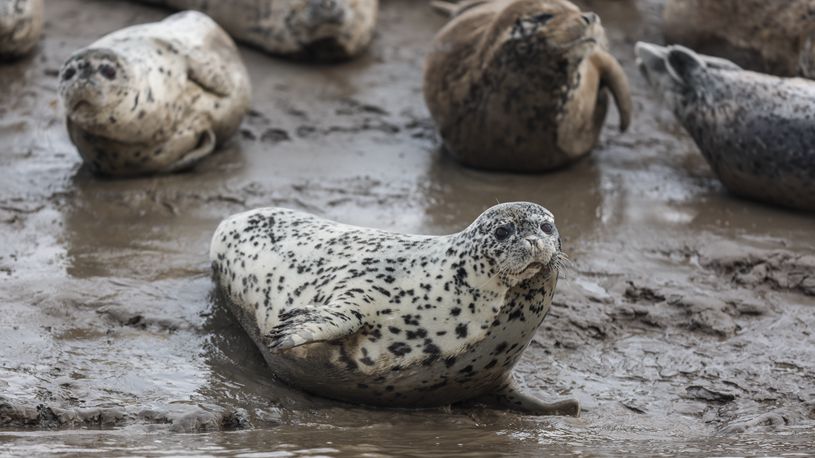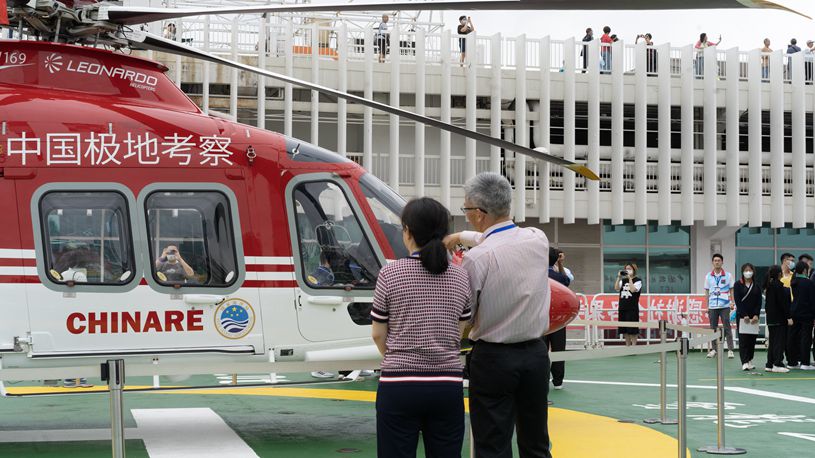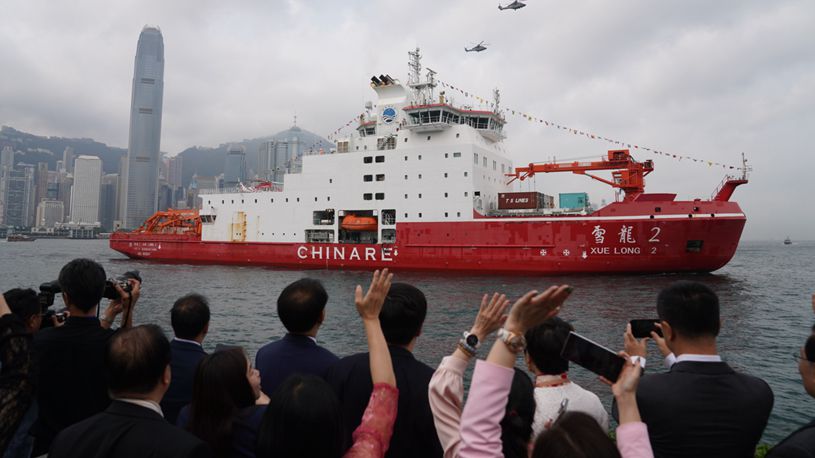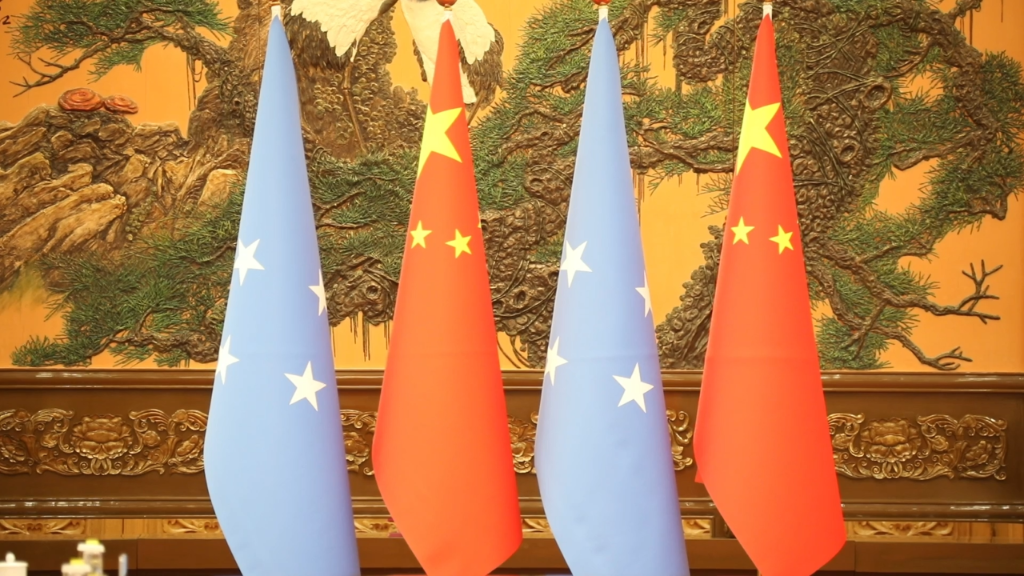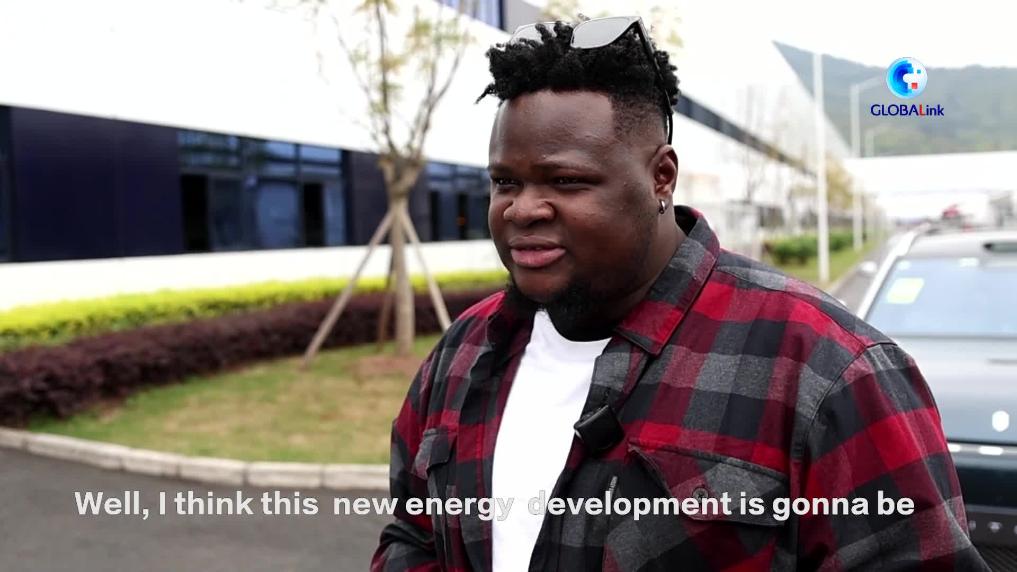The industrial chain and supply chain strengths in NEVs and the construction of supporting infrastructure such as charging facilities provide strong support for the growth of Chinese NEVs.
HEFEI/PARIS, April 10 (Xinhua) -- In addition to the EU's mandate for customs registration of electric vehicle (EV) imports from China and potential retroactive tariffs, the United States and Britain are also preparing to conduct so-called anti-subsidy investigations or national security risk investigations into China's EV.
China's EV exports face headwinds.
This is because relevant countries are pursuing protectionism and trade barriers in the name of "fair competition" and "national security," which violates the principles of market economy and WTO rules.
It also reflects the growing competitiveness of China's new energy vehicle (NEV) industry.
During a recent field visit, Xinhua reporters found that Chinese NEVs' competitive advantages depend not on subsidies, but on supply chain integrity and industrial concentration, full market competition, and rapid technology upgrade promoted by the super-large market.
China's NEVs not only provide diversified choices for global consumers, but also help more countries achieve green and low-carbon transformation and sustainable development.
The first-mover advantage of China's auto industry in the transition to new energy is driving the transformation of the global auto industry.
With the most complete industrial system, China's manufacturing industry ranks first in the world for more than a decade.
In the new energy industry, China has a full industrial chain covering material research and development, engineering design, manufacturing and final assembly, forming a number of auto industry clusters that conform to the country's "dual circulation" development pattern, which takes the domestic market as the mainstay while allowing domestic and international markets to reinforce each other.
Some regions in China, such as Hefei City in Anhui Province, have established a complete industrial and supply chain system for the rapidly developing NEV industry.
Hefei hosts six complete vehicle manufacturers, including state-owned enterprises, private enterprises and foreign-invested enterprises.
One of the main reasons why those vehicle companies choose Hefei is that the local industrial chain correlates with the automobile industry strongly, with a high production capacity of display screen, chip, artificial intelligence, battery and other related products.
Dubbed as a capital of new energy, Changzhou City in east China's Jiangsu Province has a quite competitive NEV industrial chain due to its power battery.
Data showed that the industrial chain integrity of power batteries in Changzhou has reached 97 percent, ranking first in China, while the output accounts for 20 percent of the country's total.
The industrial chain and supply chain strengths in NEVs and the construction of supporting infrastructure such as charging facilities provide strong support for the growth of Chinese NEVs.
In February 2022, the cumulative production of NEVs in China exceeded 10 million units, and in July 2023 it exceeded 20 million units. It took 27 years to go from the first to the 10 millionth vehicle; and only 17 months to go from the 10 millionth to the 20 millionth vehicle.
China boasts most abundant application-oriented research and development talents, said Qin Lihong, co-founder and president of Chinese EV maker NIO, adding that the country is attracting more and more people to engage in NEV research and development.
In 2023, German carmaker Volkswagen Group settled its largest research and development center outside its German headquarters in Hefei.
"With our 'In China, For China' strategy, we are fully integrating ourselves into China's industrial ecosystem," Chairman and CEO of Volkswagen Group China Ralf Brandstatter said in an interview with Xinhua.
A recent commentary by foreign media said that a total ban on Chinese science and technology does not conform to the free market principle, adding that Chinese competitors can be good for the West, just as Germany's Volkswagen did not open a huge research and development center in Hefei for no reason.■


